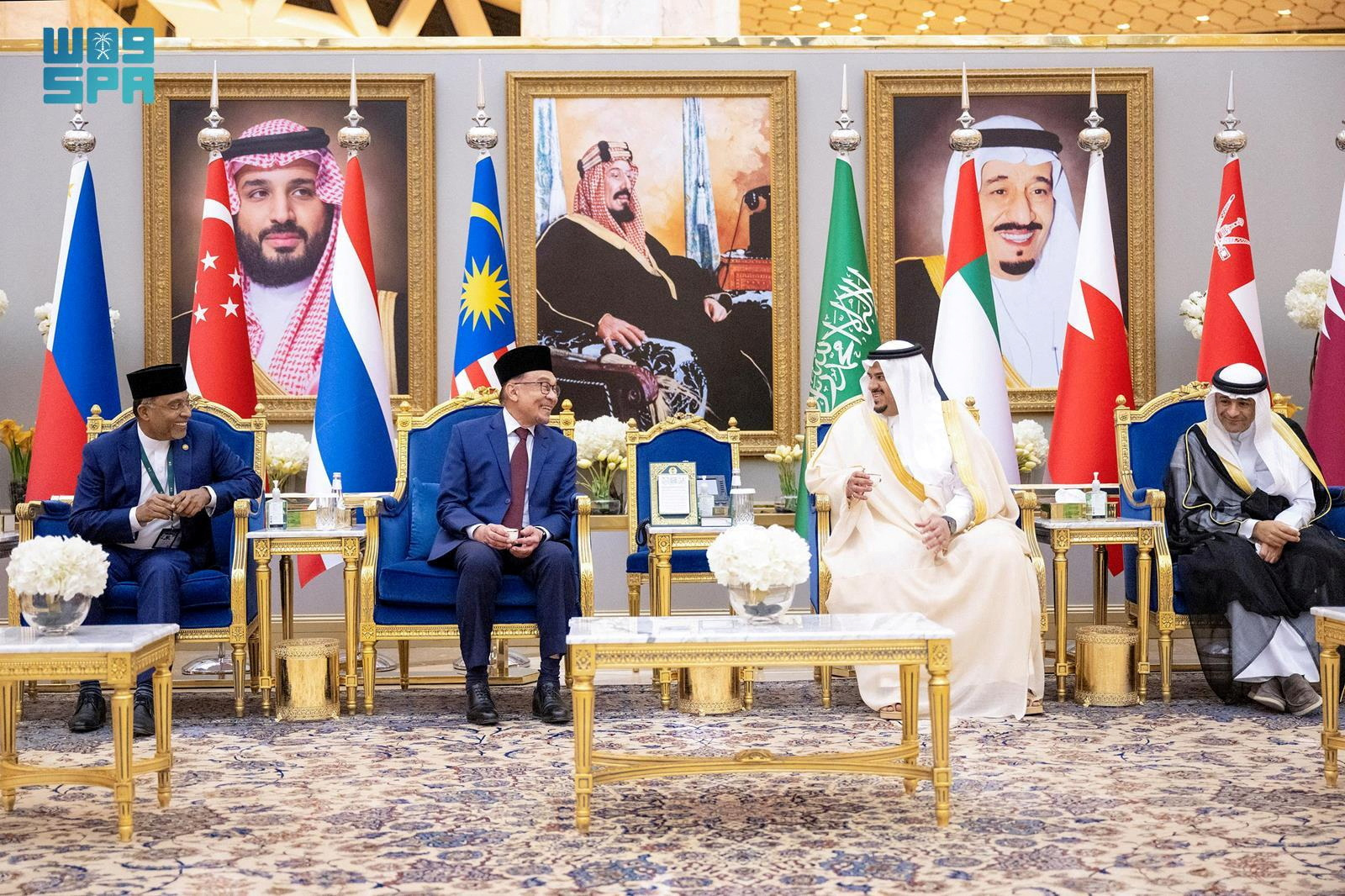Economy
Sep 23, 2024
The Bread-and-Butter Issues of Jobs and Taxes in the Gulf
As Gulf governments accelerate domestic development agendas, local job creation and tax revenue are measurable indicators of successful economic policymaking.
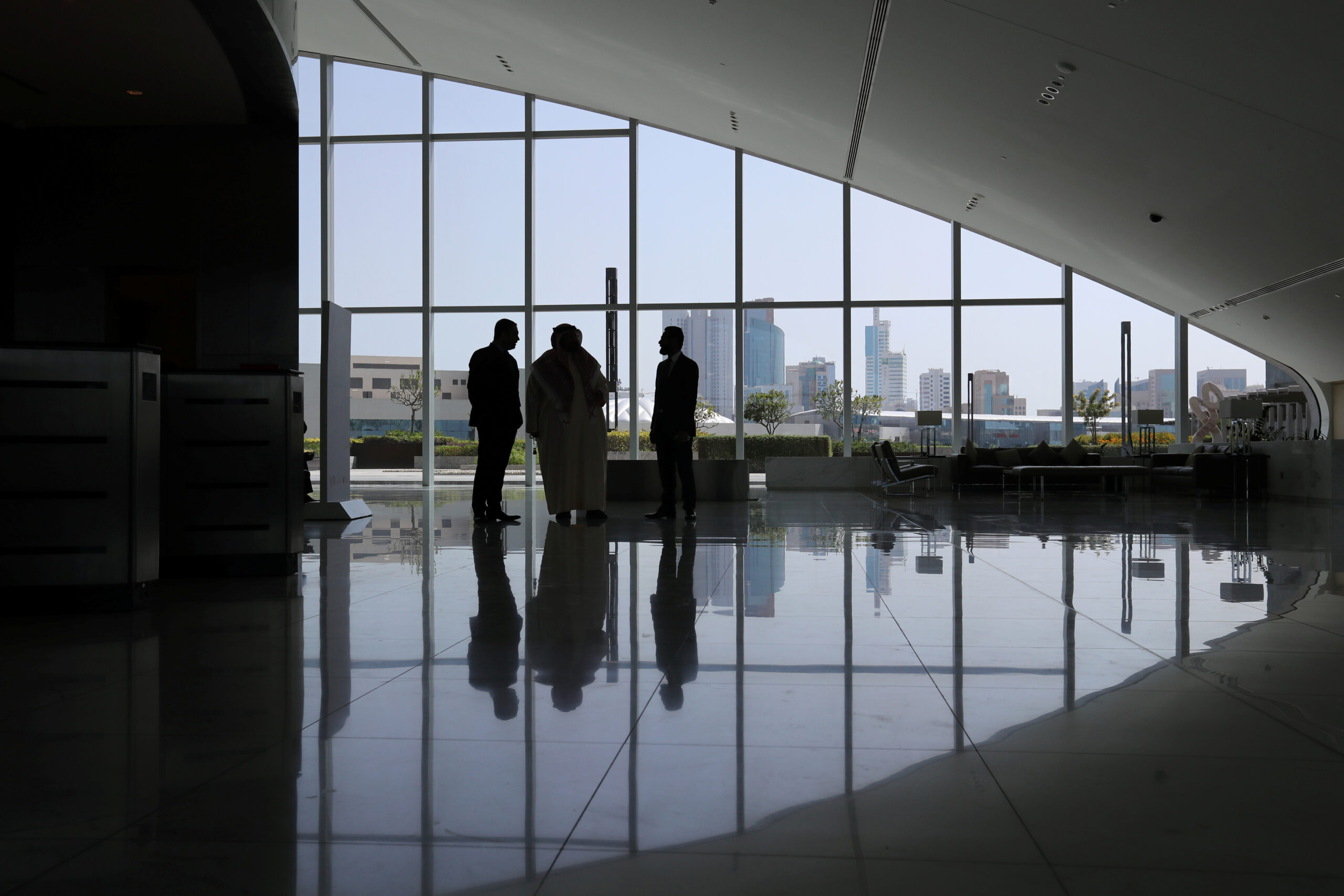
Sep 13, 2024
China’s Expanding Solar Footprint in the Gulf
The Chinese solar industry is strategically expanding into Gulf markets, leveraging the region’s immense solar potential while navigating the risks associated with intense competition and harsh environmental conditions.
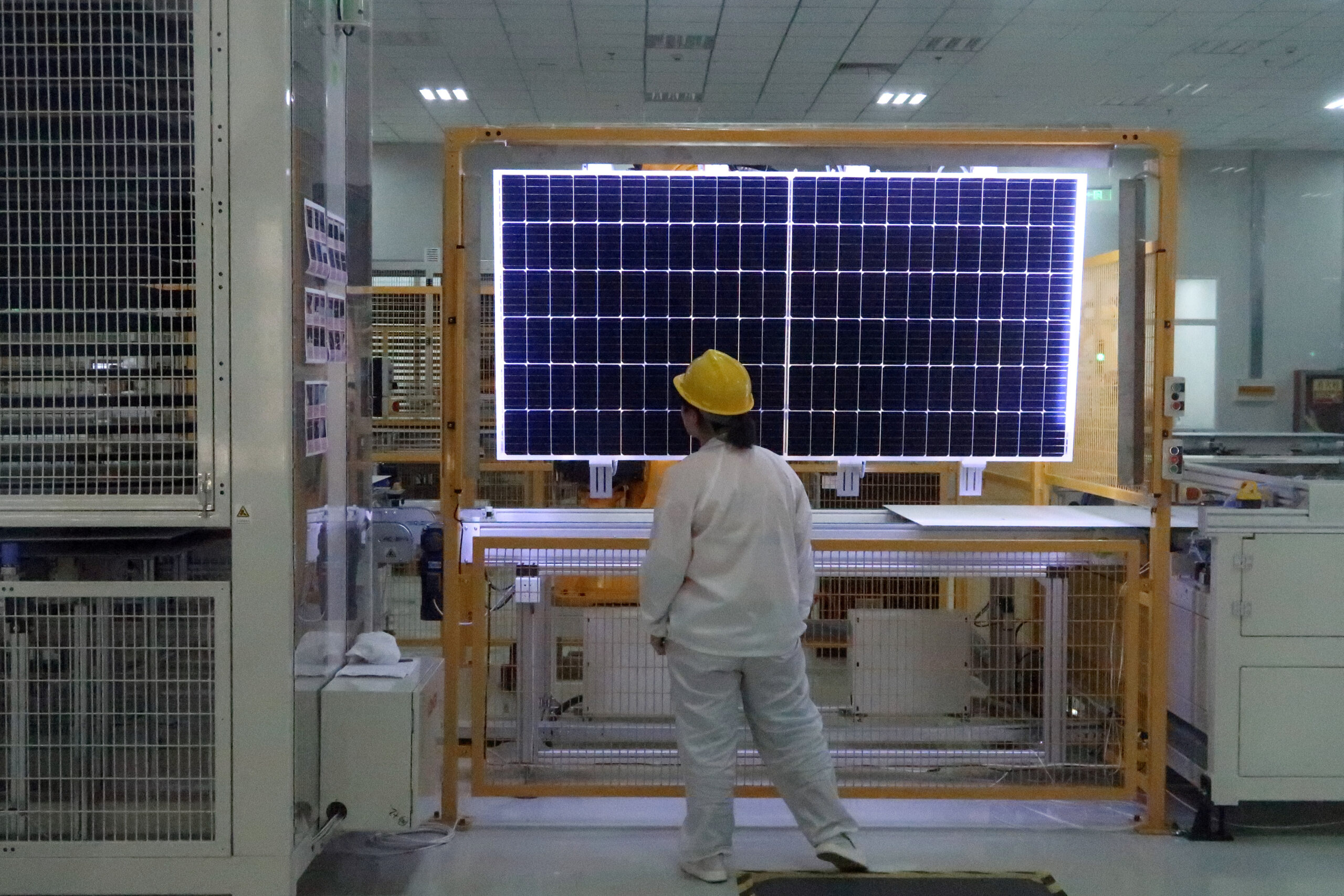
Sep 12, 2024
Growing Gulf Footprint in the South Caucasus
As new trade routes are emerging in Eurasia, Gulf states are increasingly looking to the transit and investment potential of the South Caucasus, particularly Azerbaijan and Georgia.
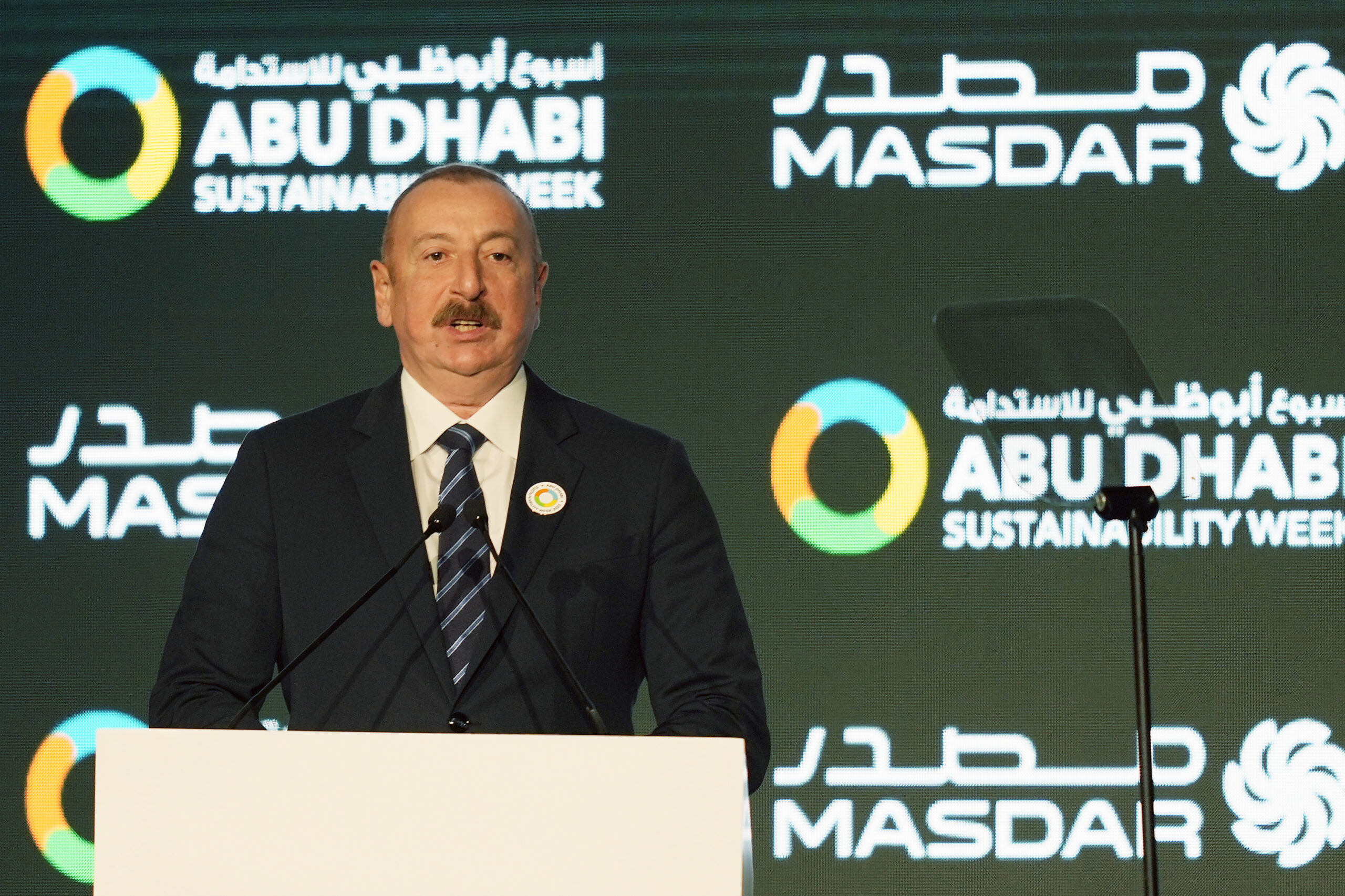
Sep 9, 2024
Lower Oil Prices Challenge Saudi Fiscal Policy
The sharp decline in oil prices raises difficult questions for OPEC+ and, if sustained, will have important implications for Saudi Arabia’s fiscal policy.
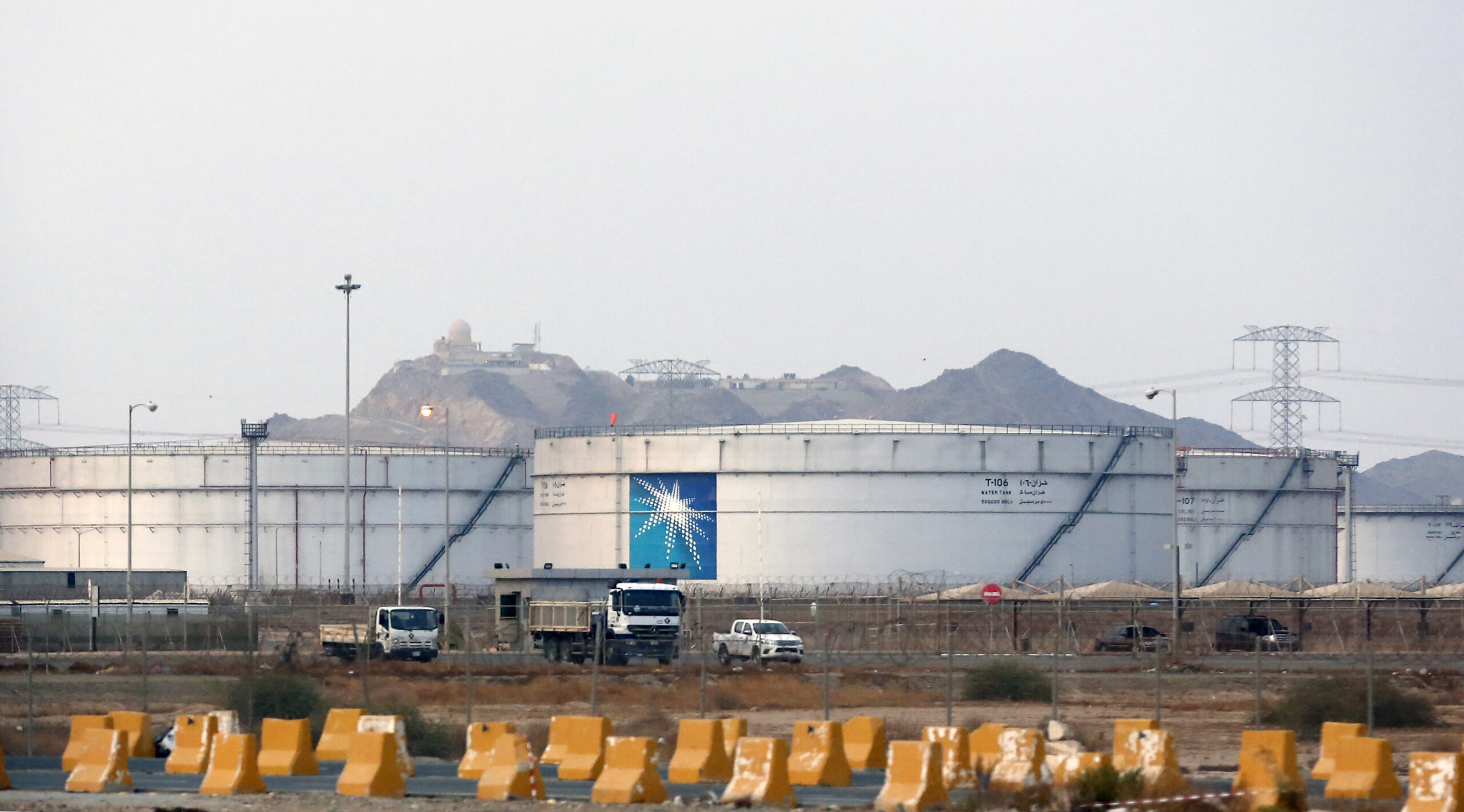
Sep 4, 2024
Transformation Underway: Assessing the Successes and Challenges of Saudi Arabia’s Vision 2030 Reforms
On September 12, AGSIW hosted a discussion on Saudi Arabia’s reforms and the prospects for its economy.
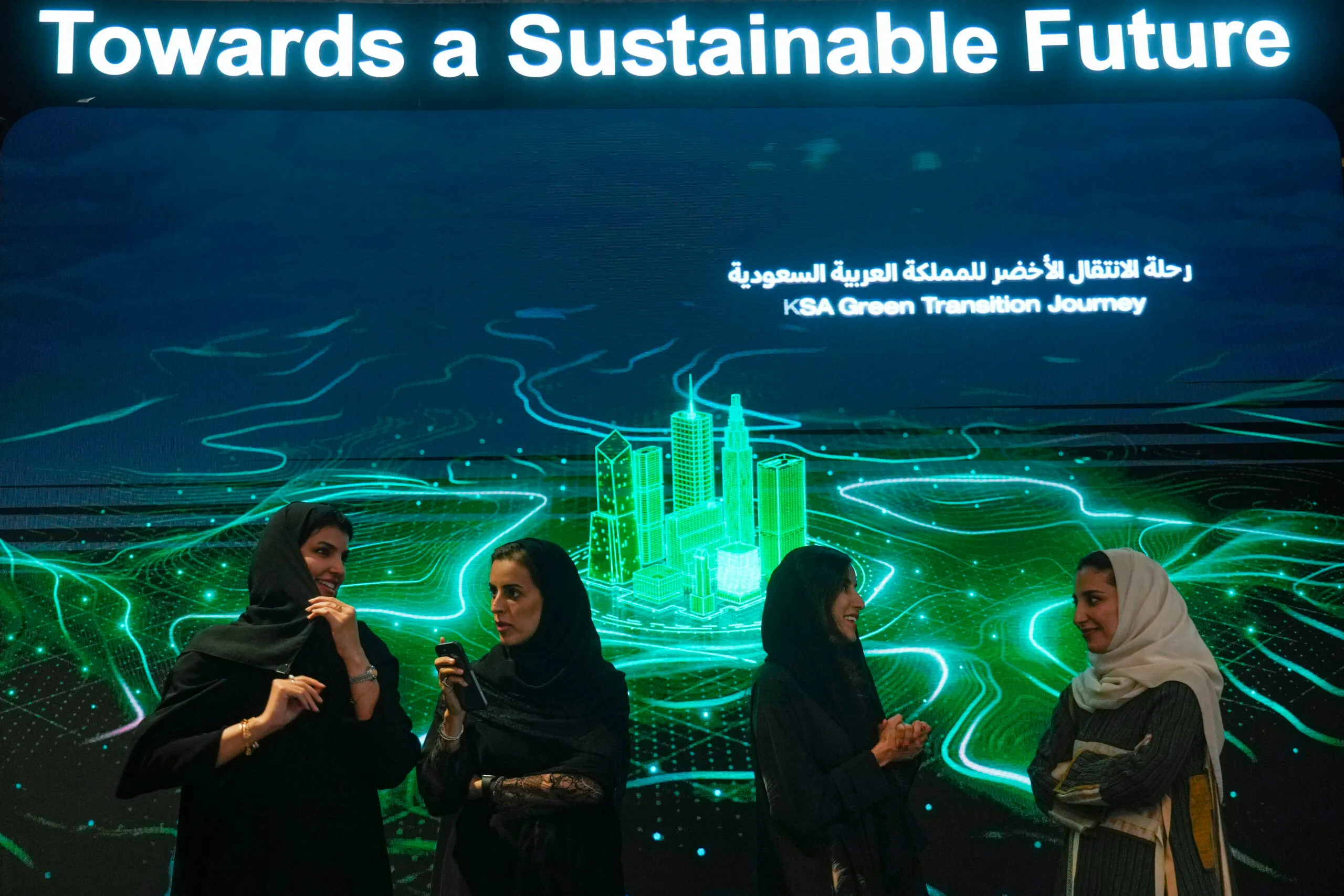
Aug 21, 2024
No Low-Hanging Fruit to Help Qatar With Its Food Security Challenges
Qatar is working to boost local food production while coping with daunting obstacles, including falling aquifer levels, a paucity of arable land, and broader climate-change issues.
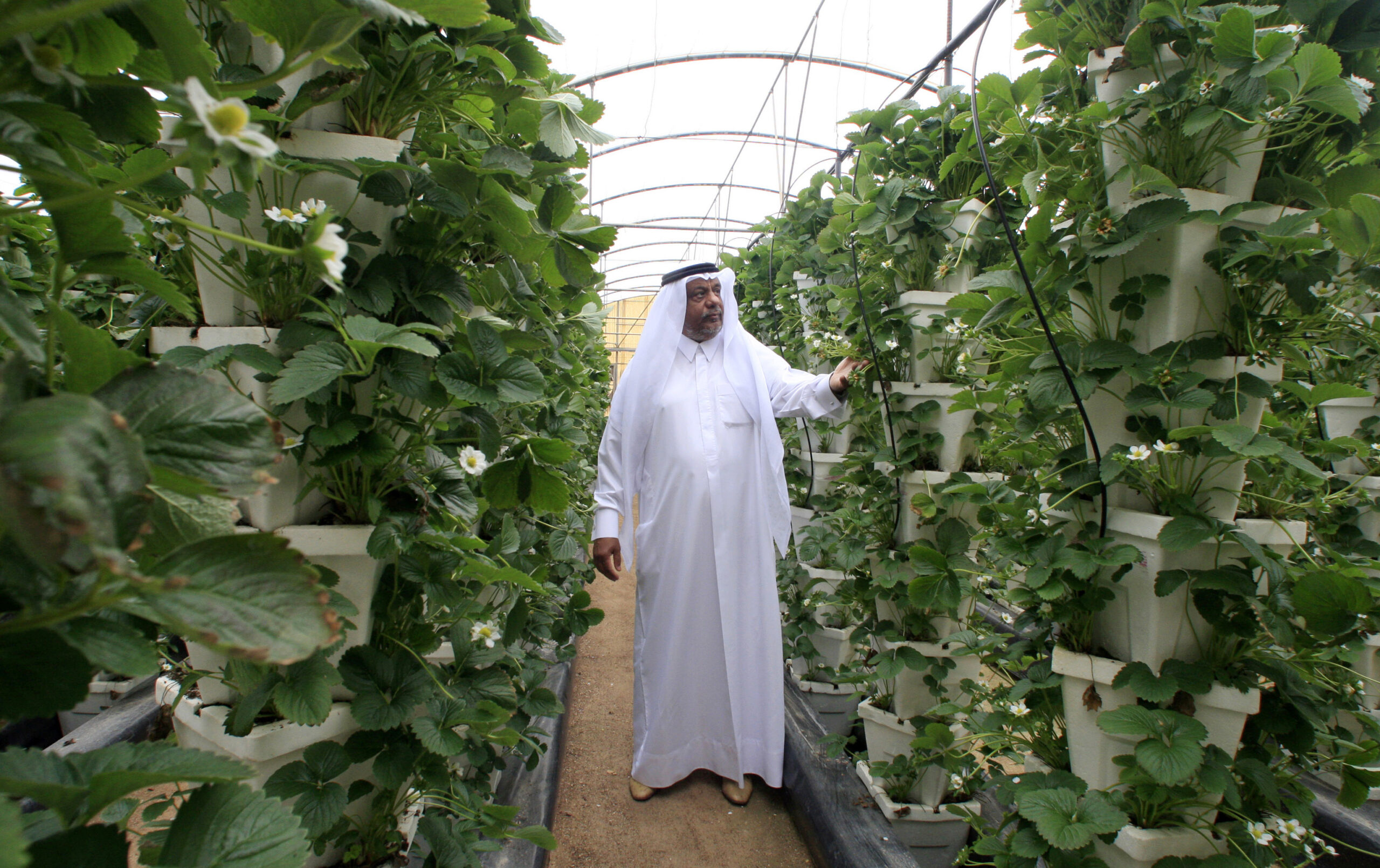
Aug 15, 2024
The Houthis’ Achilles Heel
In the short term, increasing economic pressure on the Houthis is likely to prompt them to reignite attacks on Saudi Arabia, while in the long term it could make reuniting Yemen into a single state all but impossible.
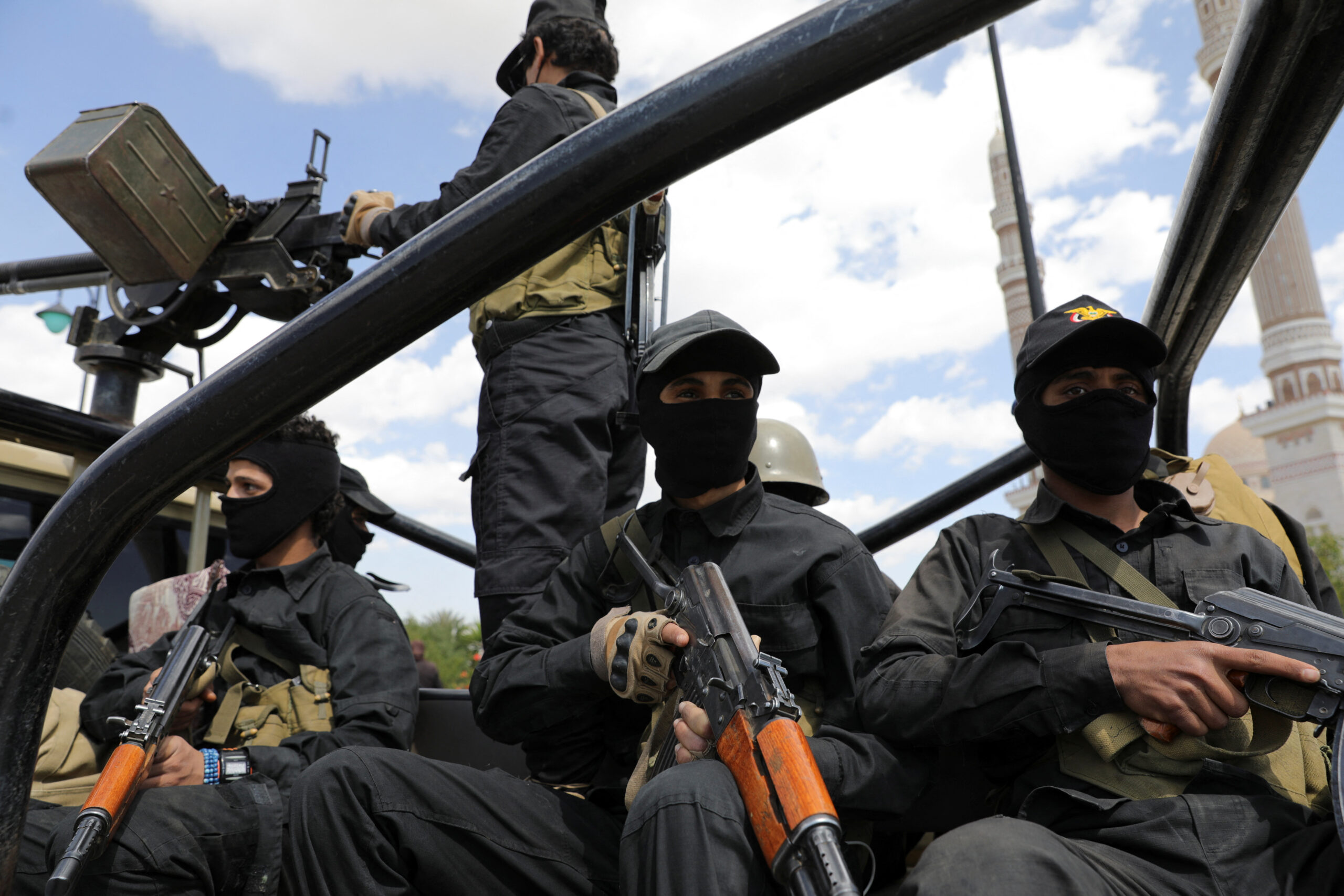
Aug 14, 2024
Gulf-Southeast Asian Ties: Expectations Still Outpacing Progress – For Now
Economic ties between Gulf Arab and Southeast Asian countries remain underdeveloped, however there is a solid foundation for and interest in deeper engagement on both sides.
